 Politics & Law
Politics & Law

Ambassadors in Việt Nam share their thoughts on ASEAN on the occasion of the 50th anniversary of the regional grouping (August 8, 2017) and their visions for its development.
ASEAN @50 series
Ambassadors in Việt Nam share their thoughts on ASEAN on the occasion of the 50th anniversary of the regional grouping (August 8, 2017) and their visions for its development:
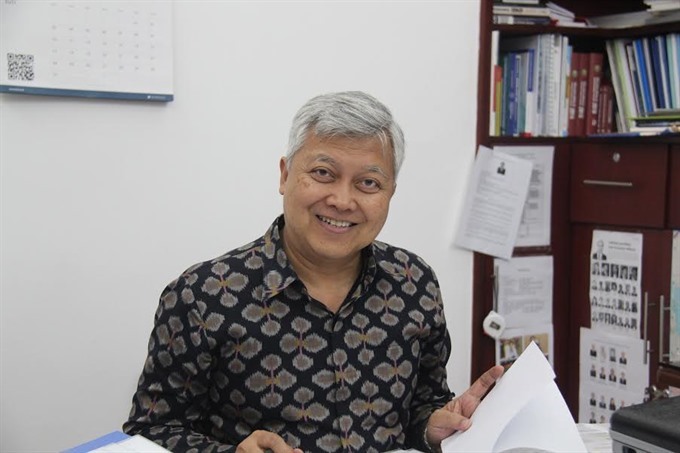
|
Ibnu Hadi, ambassador of the Republic of Indonesia to Việt Nam
For the past 50 years, ASEAN has undergone significant development in a positive way. Since its establishment on August 8, 1967, ASEAN has played a strategic role not only in maintaining security and stability, but also in supporting regional economic growth in the Southeast Asian region. For Indonesia, ASEAN is always the cornerstone of its foreign policy.
ASEAN is now moving towards a more integrative and forward-looking stage with the establishment of the ASEAN Community on December, 31 2015. This significant step has brought the region opportunities to become a single market, to become an attractive and competitive single production base area, and to become an area without borders where people easily move around for productive activities.
One of the main challenges is how ASEAN as a people-centered organisation can deliver benefits for its 650 million citizens. Indonesia, as one of the founding fathers of ASEAN, will always play a central role in ensuring progress towards achieving the ASEAN Community Vision 2025. It will also strengthen its contribution to ensuring that ASEAN brings concrete benefits to its people. In order for ASEAN to continuously progress as a region, development must be experienced by all its members.
In its journey of 50 years as a regional organisation, the people of ASEAN have enjoyed a harmonious and relatively stable region, but this should not be taken for granted. Consequently, the region has been able to pursue various initiatives in order to develop together and ensure that its people would receive utmost benefits from the regional co-operation. The ASEAN region has been able to withstand the global economic downturn in recent years, continuously recording positive economic growth, 4.7 per cent in 2016, while the global economy remains unpredictable. This shows that the ASEAN integration process has been able to bring opportunities for further economic development in the region. ASEAN is also moving forward to playing a role in the wider regional architecture, like the ongoing Regional Comprehensive Economic Partnership (RCEP), which will have further economic potential and benefits for ASEAN and its six dialogue partners.
The unity of ASEAN is very crucial for ensuring progressive development of regional co-operation, and this goes as well for bilateral relations among ASEAN member states, including Indonesia and Việt Nam.
The relations between Indonesia and Việt Nam had entered a new phase in 2013, before the ASEAN Community was established, when the Indonesia-Việt Nam Strategic Partnership was signed. In line with ASEAN economic integration, Indonesia sees Việt Nam as strategically positioned to enhance mutually beneficial economic co-operation between the two countries.(top)
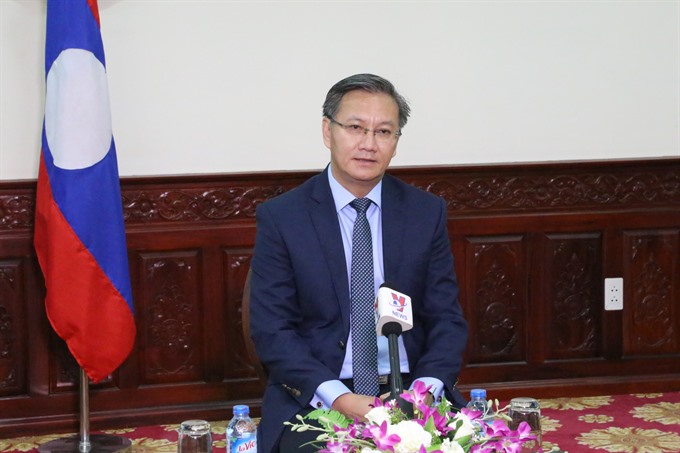 |
Thongsavanh Phomvihane, ambassador of the Lao People’s Democratic Republic to Việt Nam
2017 marks the 50th anniversary of the founding of the Association of Southeast Asian Nations (ASEAN) on July 8 and the 20th anniversary of the Lao People’s Democratic Republic’s accession to the ASEAN (July 23, 1997 - 2017). We are proud to be part of the ASEAN family. Since its accession to the Association, ASEAN has been an important pillar of the LPDR’s foreign policy.
Over the past 20 years, Laos has actively participated in and contributed to all areas of co-operation under the three community pillars as well as ASEAN’s external relations. It has also been fulfilling its obligations, bringing in benefits to the country and the Lao people. Most importantly, the LPDR has successfully chaired ASEAN twice, the first time in 2004-2005 under the theme of “Advancing a Secure and Dynamic ASEAN Family Through Greater Solidarity” and the second time in 2016 under the theme of “Turning Vision into Reality for a Dynamic ASEAN Community”.
During Laos’ last tenure as ASEAN Chair, many important documents adopted have served as a basis for further ASEAN co-operation under the three community pillars and for co-operation between ASEAN and external partners.
Over the last 20 years, Laos has actively participated in ASEAN activities and has received support and assistance in various areas from ASEAN Member States, its Dialogue Partners and other external parties through bilateral and multilateral frameworks, helping advance Laos’ efforts in regional and international economic integration.
Internally, many areas in the country have experienced improvements, including domestic laws and regulations, people-to-people connectivity, tourism and culture exchanges, and human resources.
Laos is a new member of the association. We still have to do a lot of work to improve and develop. For instance we have to achieve greater awareness of the ASEAN Community among the Lao people, enhance our internal co-ordination mechanisms, make our production sector more competitive, further improve laws and regulations and develop our human resources.
As Ambassador of the LPDR to Việt Nam, and a fellow member of ASEAN, I look forwards to deeper co-operation that will benefit both ASEAN and our two countries and peoples.
We have been witnessing the achievements of ASEAN through five decades, mainly its steady growth maintaining peace and basic stability. There are many factors behind ASEAN’s achievements, one of which is the “ASEAN Way”, based on the particularities and unique characteristics of the ASEAN region, exemplified by diversity, mutual understanding, and adherence to ASEAN’s fundamental principles as stated in the Treaty of Amity and Co-operation, ASEAN Charter and other ASEAN instruments.(top)
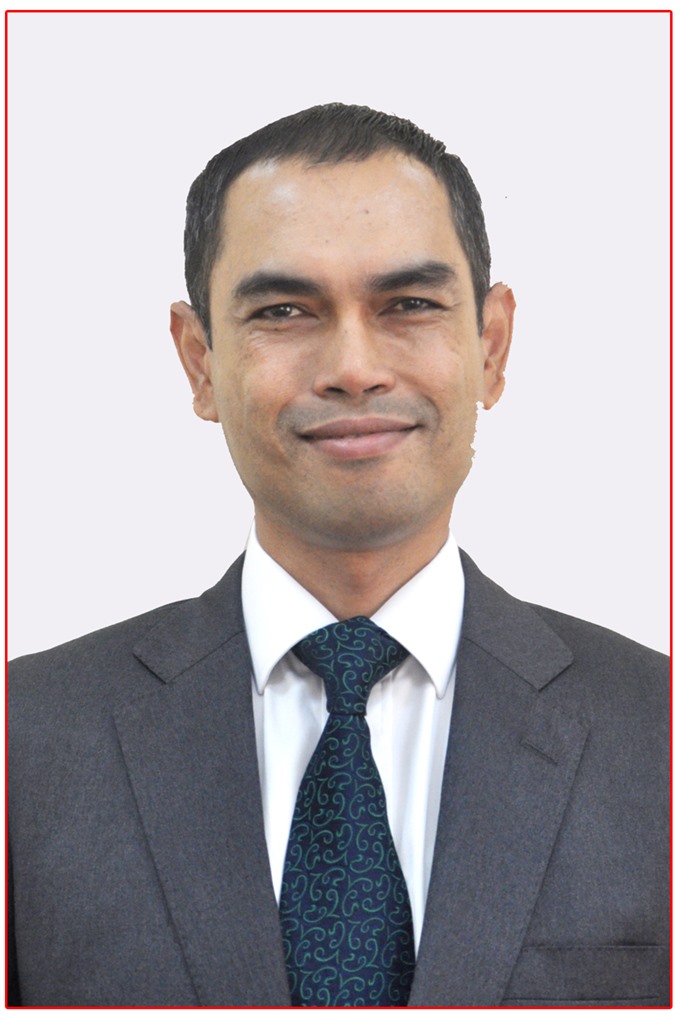 |
M. Zamruni Khalid, ambassador of Malaysia to Việt Nam
ASEAN has always been close to my heart. Before coming to Việt Nam, I was the Deputy Director-General of ASEAN-Malaysia in charge of Political-Security Community. During my time doing ASEAN issues, especially during Malaysia’s Chairmanship of ASEAN in 2015, I saw among others, the declaration of the establishment of ASEAN Community and the adoption of the ASEAN 2025 vision.
To me, these two achievements are some of the most important milestones in ASEAN history. Not many people appreciate the large diversity within ASEAN. We are not only different in terms of culture, language, religion and history, but also with regard to political and economic systems. More importantly, we are divided by the level of economic development. With these differences, the fact that ASEAN countries agree on anything at all is already an accomplishment, what more on ambitious undertakings such as the establishment of a community or the adoption of a common vision.
Of the differences among ASEAN nations, I think the development gap among members remains one of the major challenges. It is always difficult to make common decisions when someone in the group is hungrier than others as that particular person might start looking into the confine of his/her immediate need and interest.
ASEAN 2025 vision and its related documents are focused on addressing the issue of development gaps and other challenges faced by the members. Basically, the vision charts the path for ASEAN Community building until 2025 by articulating ASEAN goals and aspirations to realise further consolidation, integration and stronger cohesiveness of ASEAN as a community.
ASEAN also needs to focus more on creating and deepening ASEAN consciousness. Having a sense of belonging to ASEAN is vital for the future of the community. We need ordinary ASEAN citizens to feel that ASEAN is relevant to them and can contribute to better lives for them in tandem with the focus on a people-centric ASEAN and an emphasis on inclusive development.
Malaysia will continue to work with Việt Nam and the rest of ASEAN partners to ensure that these goals and aspirations are achieved.(top)
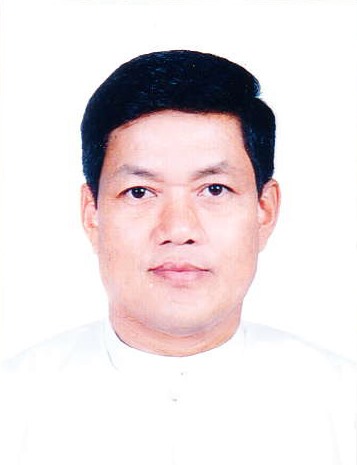 |
Kyaw Soe Win, Myanmar Ambassador to Việt Nam
Myanmar was admitted as a full member of ASEAN in 1997; and as it practises an independent, active and non-aligned foreign policy, it also actively implements the purposes and principles of ASEAN. Myanmar has made notable progress in the grouping through participation in these ASEAN-led mechanisms, interacting with fellow ASEAN members and dialogue partners, giving it the opportunity to state its stand and position on regional and international issues.
Myanmar is participating in ASEAN political and security mechanisms within the frameworks of the Declaration on the Zone of Peace, Freedom and Neutrality, Treaty of Amity and Cooperation, and the Southeast Asia Nuclear Weapons Free Zone Treaty.
The ASEAN Economic Community will establish the bloc as a single market and production-base, making ASEAN more dynamic and competitive with new mechanisms and measures to strengthen implementation of existing economic initiatives.
The Initiative for ASEAN (IAI) was launched during ASEAN Summit in November 2000 and it aims to narrow the development gap and accelerate economic integration between the original member countries and new members, the CLMV group. Myanmar looks forward to working together to realizing equitable development and a prosperous community through effective implementation of the IAI Work Plan III.
Under the ASEAN Socio-Cultural Community, member countries are co-operating in education, healthcare, culture, disease prevention, and information technology. Relevant Myanmar agencies are participating in its activities.
ASEAN has been engaging and co-operating well with dialogue partners, UN organisations, regional and international organisations. Myanmar is also cooperating with ASEAN dialogue partners and other regional and international organisations to establish the ASEAN Community and uphold ASEAN’s centrality in the regional architecture and international arena.
Under the ASEAN framework, Myanmar and Việt Nam are cooperating in ASEAN Integration in ASEAN Community Building efforts and CLMV related matters in all areas including education, culture and economy.(top)
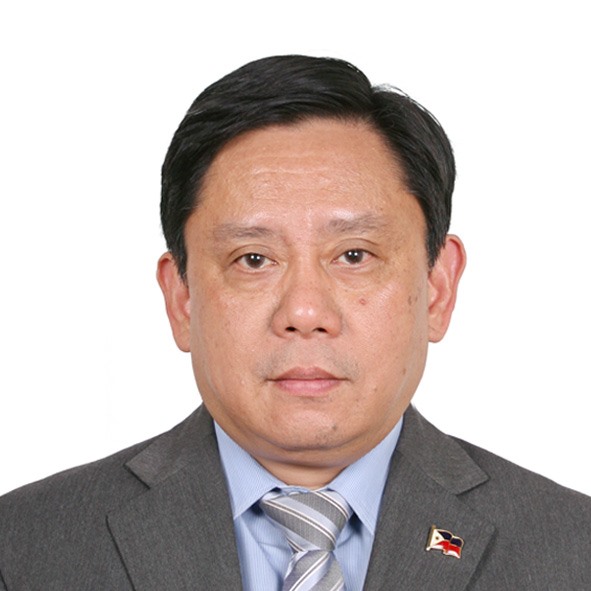 |
Noel Servigon, ambassador of the Republic of the Philippines to Việt Nam
The last 50 years have witnessed the evolution of ASEAN into a model of regionalism and a global player. Starting from five founding member states in 1967, it has grown into a cohesive 10 member regional bloc.
To be relevant and responsive to challenges, the member states envision one ASEAN community that is integrated, peaceful, stable and resilient. It is a community that takes a leading role as a regional and global player in advancing political-security co-operation, sustainable economic growth and socio-cultural development in Southeast Asia and the world.
In 2017, it is important to focus on the following six priorities which the Philippines has identified as ASEAN’s main deliverables for the year:
(a) A people-oriented and people-centered ASEAN,
(b) Peace and stability in the region,
(c) Maritime security and co-operation,
(d) Inclusive, innovation-led growth,
(e) ASEAN’s resiliency,
(f) ASEAN: a model of regionalism, a global player.
These priorities will contribute to achieving the goals of the ASEAN Community Vision 2025.
With respect to inter-State relations in the region, the Treaty of Amity and Cooperation in Southeast Asia (TAC), as the key code of conduct governing the ASEAN community since 1976, has seen an increase in its membership.
It is encouraging to note that the number of non-ASEAN contracting parties to the TAC has reached 25, with the recent accessions by Chile, Egypt and Morocco. Iran is poised to formally accede to the Treaty upon completion of its internal procedures.
The increasing number of non-ASEAN contracting parties to the TAC shows growing support from the international community for ASEAN’s commitment to resolve all differences, disputes and conflicts peacefully.
As a global player, the ASEAN community recognises the importance of productive relations with Strategic Partners, Dialogue Partners, Sectoral Dialogue Partners, Development and other external partners to ASEAN’s engagement with the global community and to reinforcing the ASEAN-centered regional architecture. The effective implementation of various plans of action has reinforced ASEAN’s relations with Dialogue Partners.
Unwavering in its commitment to working together as partners for change and engaging the world, the ASEAN member states will definitely achieve an integrated, peaceful, stable and resilient community that will benefit its peoples.(top)
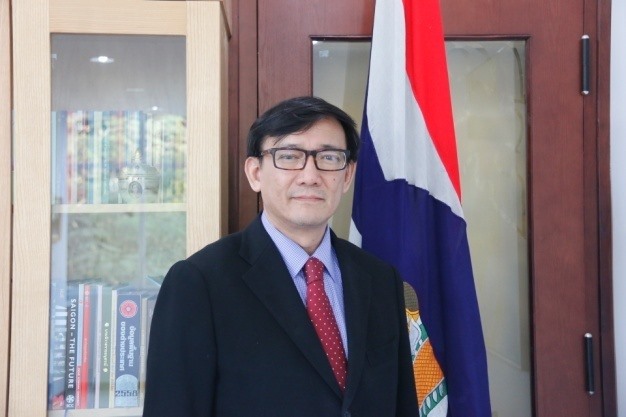 |
Manopchai Vongphakdi, ambassador of Thailand to Việt Nam
Sawasdee krub, Xin chào,
The year 2017 is a landmark year as ASEAN commemorates its 50th anniversary. Over the last five decades, ASEAN has been a platform for its members to foster friendship, accelerate economic integration and tackle common challenges. From a loose organisation in 1967 to a rules-based, people-oriented, and more integrated entity, ASEAN has come a long way. It has been an important facilitator and promoter of peace, prosperity and security, not just for ASEAN members, but for the Asia-Pacific region as a whole. Therefore, it is my great pleasure to witness and be a part of the celebration of this historic occasion.
With ASEAN Community implementing and strengthening its three pillars, the ASEAN Political-Security Community (APSC), the ASEAN Economic Community (AEC), and the ASEAN Socio-Cultural Community (ASCC), there is no doubt that establishment of the Community will deliver practical benefits to the people. The results are evident: the region and each member nation have never been this stable; the economy as a whole continues to grow; and people within ASEAN are connected like never before.
As a founding member of ASEAN and the place where the Bangkok Declaration was signed, Thailand is proud of the progress it has made and the role ASEAN has been playing. Contributions to ASEAN have always been at the forefront of Thailand’s foreign policy. We are committed to ASEAN and will continue to work closely with ASEAN members and the ASEAN Secretariat in achieving our common goals and objectives.
It is also my great pleasure to learn and witness that Việt Nam has been working actively and enthusiastically in promoting co-operation within ASEAN, ranging from active participation in all forums and dialogues, to promoting and organising cultural events to bring the people of ASEAN together, not just to celebrate this 50th anniversary. Việt Nam has always been an active and valuable member of ASEAN since joining the association in 1995.
I, on behalf of the Royal Thai Government, stand ready to work closely with Việt Nam and all members to ensure that ASEAN will continue to thrive and advance our common interests of peace and prosperity.(top) VNS




